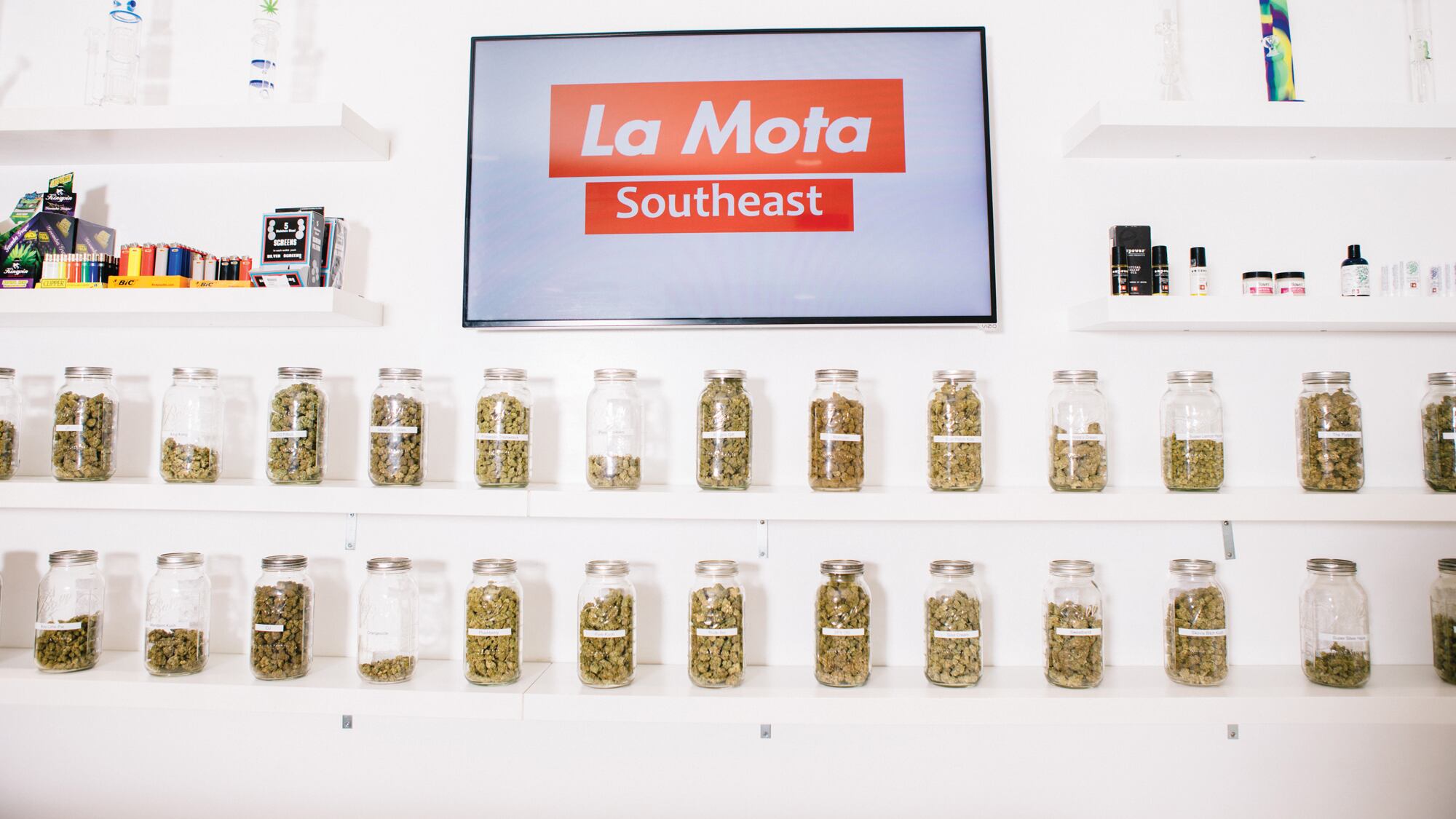WW reported last week on four small cannabis farms and producers that allege Chalice Brands, a publicly traded cannabis company that owns 15 dispensaries across the state, owes them tens of thousands of dollars in unpaid invoices.
But WW has learned Chalice isn’t the only cannabis retail giant facing lawsuits over allegedly unpaid bills: In July, edibles company Drops sued La Mota, a Portland-based chain that owns more than 20 dispensaries across the state, alleging it owes Drops $390,000 for edibles La Mota purchased dating back to November 2020.
”Defendants have exhibited a multi-year pattern and practice of failing to pay for products and services, not just with Plaintiff, but several other vendors with which Defendants do business,” the plaintiffs allege. “Defendants had no intention on paying Plaintiff for the Products when they placed the orders.”
Litigation is now in the discovery phase. WW’s requests for comment by La Mota and its attorney went unanswered. In court filings, La Mota denied most of Drops’ claims.
La Mota is privately owned by Aaron Mitchell, a former professional skateboarder who moved to Oregon a little over a decade ago to enter the cannabis industry. Rosa Cazares, his partner, is the CEO, and largely the face, of the business.
Cannabis retail sales jumped at the onset of the pandemic and remained high until late 2021, when sales began dropping as people returned to work. 2022 marked an especially difficult year for the cannabis industry, with retail sales dipping to as low as $75 million in November 2022. (In May 2021, sales topped $105 million.)
For some small farms, unpaid invoices mean employee layoffs in a market where profit margins are slim and capital reserves are rare. Small growers increasingly describe being squeezed by large chains—and a system that doesn’t require retailers to pay for product up front.
For example, according to the growers and invoices shared with WW last week, the unpaid bills from Chalice Brands, a publicly traded company, add up to more than a hundred thousand dollars.
“Chalice is financing its business on the backs of small farmers,” Marianne Cursetjee, owner of Alibi Cannabis in Clackamas County, told WW last week. “People are too afraid of saying things out loud because we have no power to collect anything outstanding. I really, truly feel that Chalice is a house of cards.”
Chalice trades on the Canadian Securities Exchange. It’s been suspended from trading since May because it has yet to file its 2021 and 2022 financials.
In a statement to WW last week, Chalice’s executive board liaison, Faviola Bishop, said, “Taking aim at anyone in the industry today doesn’t help small farmers, it can potentially hurt them.” She added, “We are completely committed to getting all of our partners paid what they are owed and feel their pain.”

